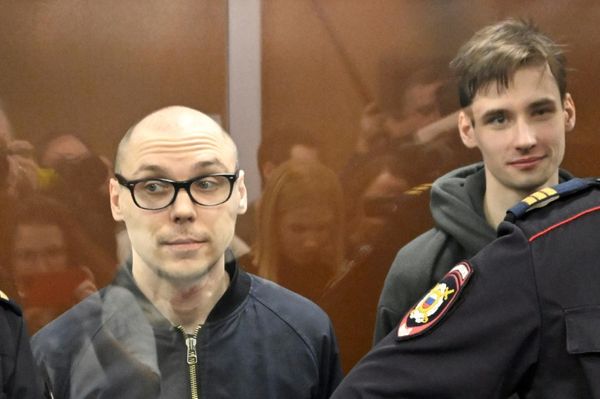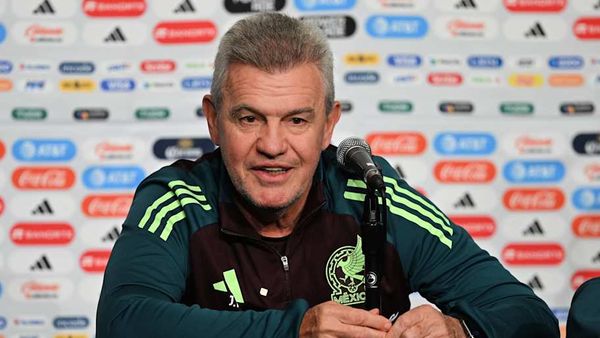
Islamabad (AFP) - Pakistan's ousted prime minister Imran Khan on Thursday arrived in the capital Islamabad with a convoy of thousands of supporters for a major rally the new government has attempted to shut down, with clashes breaking out between police and protesters.
Since being removed from power through a no-confidence vote last month, the cricket star turned politician has heaped pressure on the country's fragile new coalition rulers by staging mass protests, touting a claim he was ousted from office in a "foreign conspiracy".
In a centrepiece showdown with his rivals, Khan had called for supporters of his Pakistan Tehreek-e-Insaf (PTI) party to convoy to Islamabad and stage a sit-in until fresh elections are announced.
"I want to remind you that we are doing jihad, not politics.This is our struggle for true freedom," Khan said in a video message.
Khan joined the march in dramatic fashion, arriving in a helicopter that touched down on a motorway clogged with supporters outside the city of Mardan, 100 kilometres (62 miles) northwest of Islamabad.
His convoy of around 25,000 supporters, which started in his powerbase of Khyber Pakhtunkhwa province, inched along the motorway before reaching Islamabad shortly after midnight on Thursday.
The government headed by Prime Minister Shehbaz Sharif had pledged to stop the protesters from entering the capital, calling the rally an attempt to "divide the nation and promote chaos".
But in an emergency Supreme Court hearing on Wednesday afternoon, judges granted permission for the rally on the edge of the city, though Khan said he would press on with plans to reach the centre.
Police have since relaxed some routes into Islamabad, which was blockaded throughout the day with shipping containers on major entry and exit points.
"We voted for him and foreign powers threw him out of power.We won't let this injustice take place," Afzal Ali, 29, told AFP, after joining the convoy.
Thousands more have also gathered in Islamabad in anticipation of Khan's arrival.
Tear gas deployed
Clashes broke out between police and protesters throughout the day -- with both sides armed with sticks and stones -- as supporters attempted to break through barriers and clear the roads, including with a digger truck.
Police deployed tear gas in the capital and several other cities where supporters had gathered.
One senior PTI leader said her car windows were smashed by police as she attempted to travel from Lahore to the capital.
The Supreme Court also ordered the government and PTI leaders to hold urgent negotiations over the political crisis and the release of supporters detained by police.
The Human Rights Commission of Pakistan said it was "deeply concerned by the highhandedness of law enforcement agencies" in disrupting the march.
"The state's overreaction has triggered, more than it has prevented, violence on the streets," it tweeted.
More than 1,700 people have been arrested since police began raiding the homes of PTI supporters on Monday night, said Interior Minister Rana Sanaullah, who has previously accused protesters of planning to carry weapons at the march.
The blockades around Islamabad caused major disruption on Wednesday, with schools closed and hospitals put on alert.
Salon worker Sawera Masih said daily wage workers like herself were hit the hardest.
"Whoever is in power doesn't make a difference to us, but not earning even for a single day affects me and my family," the 23-year-old said.
Khan came to power in 2018, voted in by an electorate weary of the dynastic politics of the country's two major parties.
The former popular sports star -- who enjoyed the backing of the nation's powerful military -- had promised to sweep away decades of entrenched corruption and cronyism but is believed to have fallen out with Pakistan's generals.
He was brought down by opposition parties in part by his failure to rectify the country's dire economic situation, including its crippling debt, shrinking foreign currency reserves and soaring inflation.
But he retains mass support throughout the country, particularly among the youth.







